To describe the post cold era situation and the spirit of the cooperation between two super powers both Mikhail Gorbachev and George Herbert Walker Bush used New World Order term. Initial definitions and preferences of the New World Order brought up by Gorbachev included a wide range of issues and were mostly idealistic, but his capabilities to insist on them were very limited due to internal crises in former Soviet Union. Contrary to Gorbachev’s viewpoint, Bush’s viewpoint didn’t include a wide range of issues and was more realistic.
Robert Cohen, a leading theoretician of neoliberal institutionalism believes that the US hegemonic power has begun to decline after 1970s. While the US leadership power has decreased, he believe all international regimes created after Second World War would continue to remain.
To shed more light on some experts' ideas about declining of the US leadership power, Payman Yazdani from Mehr News agency discussed the issue with Dr. Arthur I. Cyr.
Following is his full comments on the issue:
"Hegemony" is a heavy word, he said, favored by academics, but not so much by policymakers, who face the challenge of actually trying to cope with the real world. The US was dominant economically from the 1940s into the 1960s, but that was also a time when collective anxiety over communism and war was greatest, and Americans felt particularly challenged.
Discussing the multipolarity, Cyr noted that multipolar is another term more popular with academics than others. The Cold War world was generally multipolar except for the nuclear weapons stockpiles of the U.S. and USSR. Even at the nuclear level, the nuclear monopolies ended respectively in the 1950s (not counting Britain as independent of the US) and 1960s respectively.
"Relatively open competitive economic markets actually encourage and benefit from pluralism. The US initiated the Marshall Plan after World War II for humanitarian reasons but also for reasons of self-interest - if Europe remained devastated, there would be no customers for capitalism," he underlined.
Arthur I. Cyr is the director of the A.W. Clausen Center for World Business at Carthage. He had served as president of the Chicago World Trade Center Association, the vice president of the Chicago Council on Foreign Relations, a faculty member and administrator at UCLA, and an executive at the Ford Foundation in the International and Education Divisions.
Interview by Payman Yazdani


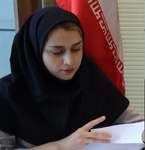
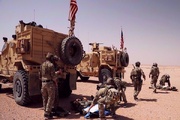

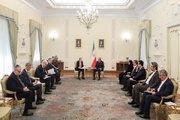
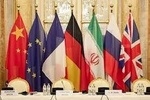
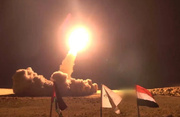
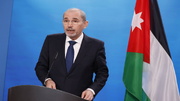
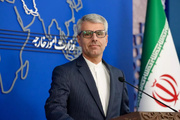

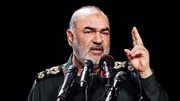




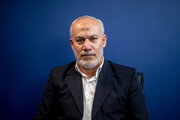

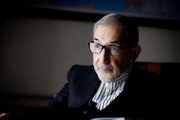
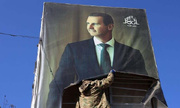




Your Comment